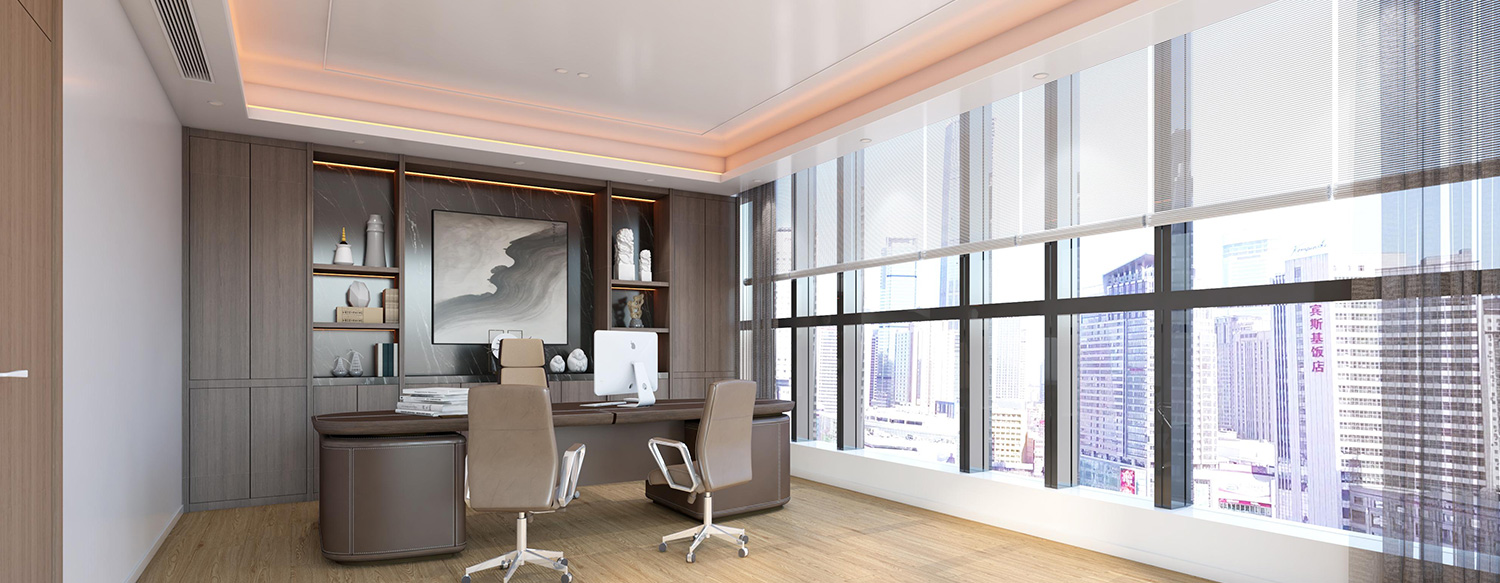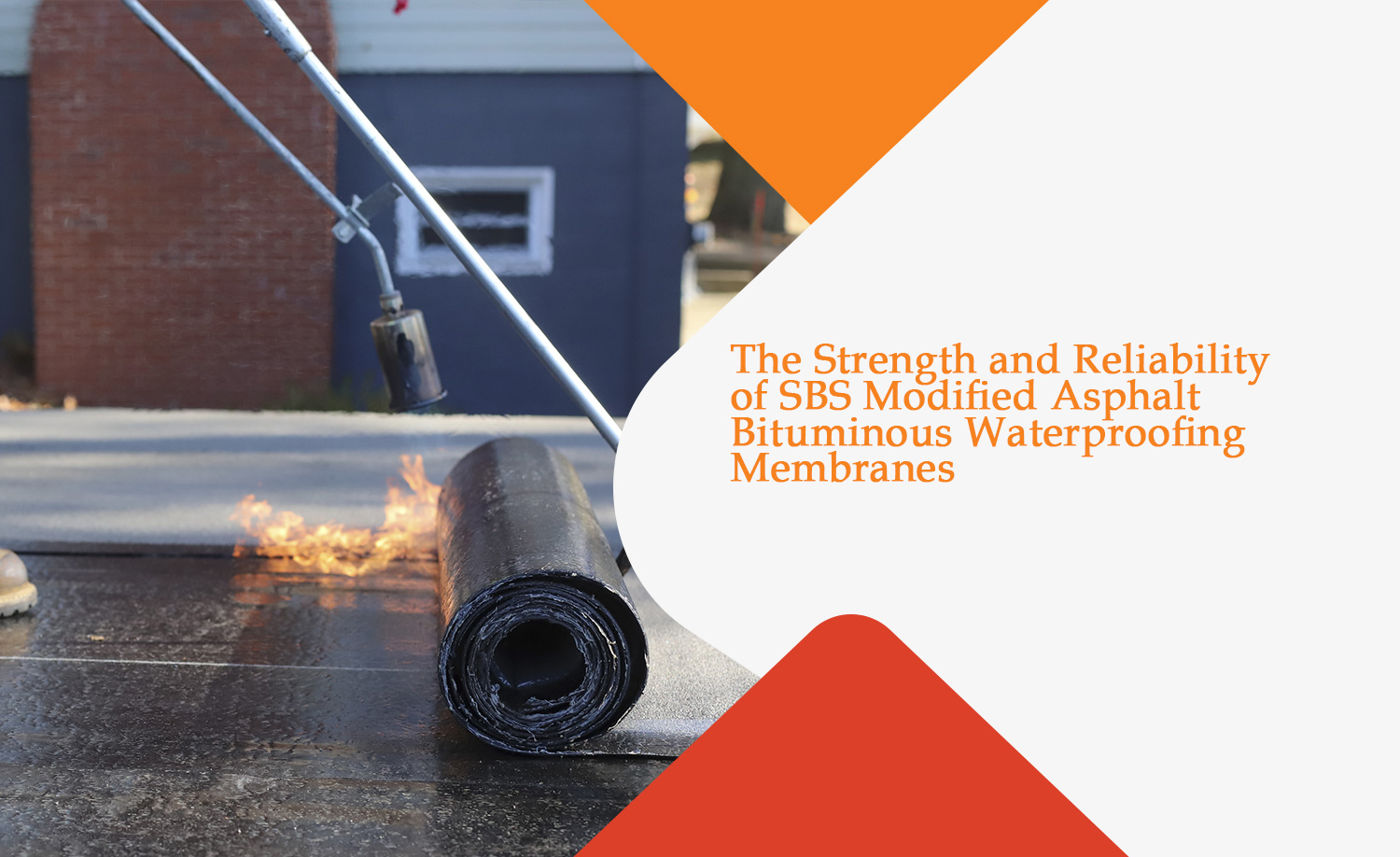Durability and performance are essential when it comes to waterproofing and roofing. The first line of defense for a house or building is its roof, thus the materials used must be resistant to wind, rain, snow, and temperature changes. The SBS Modified Asphalt Bituminous Waterproofing Membrane is one substance that has attracted a lot of interest due to its efficiency and simplicity of use, especially in self-adhered roofing underlayment systems.
This cutting-edge waterproofing solution combines state-of-the-art technologies to provide strong protection and make installation easier. Making educated selections about long-lasting roofing and waterproofing solutions requires knowing the advantages and uses of this product, whether you’re a contractor, architect, or property owner.
SBS Modified Asphalt: What Is It?
Styrene-Butadiene-Styrene, or SBS for short, is a synthetic rubber polymer that is mixed with asphalt to improve its performance properties. Because SBS increases the asphalt’s elasticity and flexibility, it can tolerate heat expansion and contraction without breaking. Because typical asphalt can become brittle and break in areas with significant temperature fluctuations, this flexibility is very important.
SBS produces a waterproofing membrane that is both long-lasting and adaptable enough to be utilized in a range of applications, from foundation waterproofing to roofing underlayment, when combined with a bituminous base.
The Benefit of Self-Adhesion
Heat welding, torches, or extra adhesives are frequently needed for the installation of traditional waterproofing systems. Despite their effectiveness, these techniques can be time-consuming, labor-intensive, and even dangerous. By adding a factory-applied adhesive layer, self-adhered SBS bituminous membranes overcome these difficulties and enable a speedy and effective installation.
Because it doesn’t require messy adhesives or open flames, the self-adhered design is a safer and greener choice. Additionally, this function expedites project timeframes and lowers labor costs, making it a desirable option for both property owners and contractors.
Important attributes and advantages
- Excellent Waterproofing Results
Any roofing underlayment’s main purpose is to create a waterproof barrier that prevents moisture intrusion. This is where SBS modified bituminous membranes shine, providing outstanding waterproofing properties. SBS rubber and asphalt combine to form a seamless, long-lasting barrier that keeps water out even in the most adverse circumstances.
These membranes are perfect for flat or low-slope roofs and locations that frequently experience severe weather because they can withstand standing water and heavy rains without losing their integrity.
- Adaptability and Resistance to Cracking
The flexibility of SBS-modified asphalt is one of its most notable characteristics. SBS membranes are flexible even in freezing temperatures, in contrast to conventional asphalt, which can shatter as temperatures change. Because of its flexibility, the membrane can expand and contract with the roof structure, avoiding thermal stress-related damage.
Because even tiny cracks can let water soak through and cause expensive repairs and structural damage, crack resistance is especially crucial for long-term performance.
- Installation Simplicity
These membranes’ self-adhered nature makes installation much easier. Without the need for extra adhesives or specific tools, contractors may easily remove the protective backing and press the membrane into the surface, guaranteeing a strong bond.
This ease of use not only cuts down on installation time but also lowers the possibility of mistakes. The membrane will remain securely in place for many years to come thanks to the adhesive layer’s strong initial tack and long-term adherence.
- Resistance to Weather and UV
SBS modified asphalt membranes are made to withstand weathering and UV rays, whereas many other underlayment materials deteriorate in the presence of sunlight. Because of this, they can be temporarily exposed during construction, providing contractors considerable schedule flexibility without sacrificing the material’s functionality. - Adaptability to Different Uses
SBS modified bituminous membranes are extremely adaptable and suitable for a variety of waterproofing and roofing applications. Typical applications include of:
Roofing Underlayment: Used as a second layer of waterproofing under metal, tile, or shingle roofs.
Low-slope and flat roofs: offering a strong, impenetrable covering for both residential and commercial flat roofs.
Preventing water intrusion in below-grade constructions is known as foundation waterproofing.
Terraces and balconies serve as a protective covering for outdoor flooring systems.
- Increased Security
Self-adhered SBS membranes increase worker safety on the job site by doing away with the requirement for heat welding or torches. This is especially helpful in residential or urban environments where nearby structures could be at risk from open flames. - Economical Durability
Although SBS modified asphalt membranes may initially cost more than certain conventional alternatives, they end up being a more affordable option in the long run due to their longevity, less maintenance needs, and easier installation. Property owners can save a lot of money on future repairs and replacements by making an early investment in high-quality materials.
Installation Advice for Best Results
Installing SBS modified asphalt bituminous membranes correctly is essential to maximizing their efficiency. Here are some important pointers:
Surface Preparation: Prior to installation, make sure the substrate is dry, clean, and debris-free. Any imperfections may impair waterproofing effectiveness and have an impact on adhesion.
Aspects of Temperature to Consider: For best adherence, install the membrane within the temperature range suggested by the manufacturer. Extreme heat can make the glue too sticky, while extreme cold can reduce its effectiveness.
Overlap Seams: To form a continuous, waterproof barrier, properly overlap seams according to the manufacturer’s instructions.
The membrane is rolled: To guarantee complete contact with the substrate and get rid of air pockets, use a roller to firmly push the membrane into position.
Why SBS Modified Asphalt Membranes Are Being Selected by More Contractors
SBS modified asphalt bituminous membranes are becoming more and more popular among contractors, architects, and builders for their waterproofing and roofing requirements. These membranes are a great option for both residential and commercial applications because of their cutting-edge technology, simplicity of use, and long-term performance.
SBS modified asphalt membranes provide a dependable and affordable option whether you’re constructing a new home, remodeling an existing property, or working on a major commercial development. These membranes are raising the bar for roofing underlayment and waterproofing systems because of their exceptional waterproofing, resistance to cracking, and ability to endure severe weather conditions.
It’s difficult to find a better roofing solution than SBS modified asphalt bituminous waterproofing membranes when it comes to performance, longevity, and user-friendliness. Knowing that your property is shielded from the weather for many years to come gives you peace of mind.

